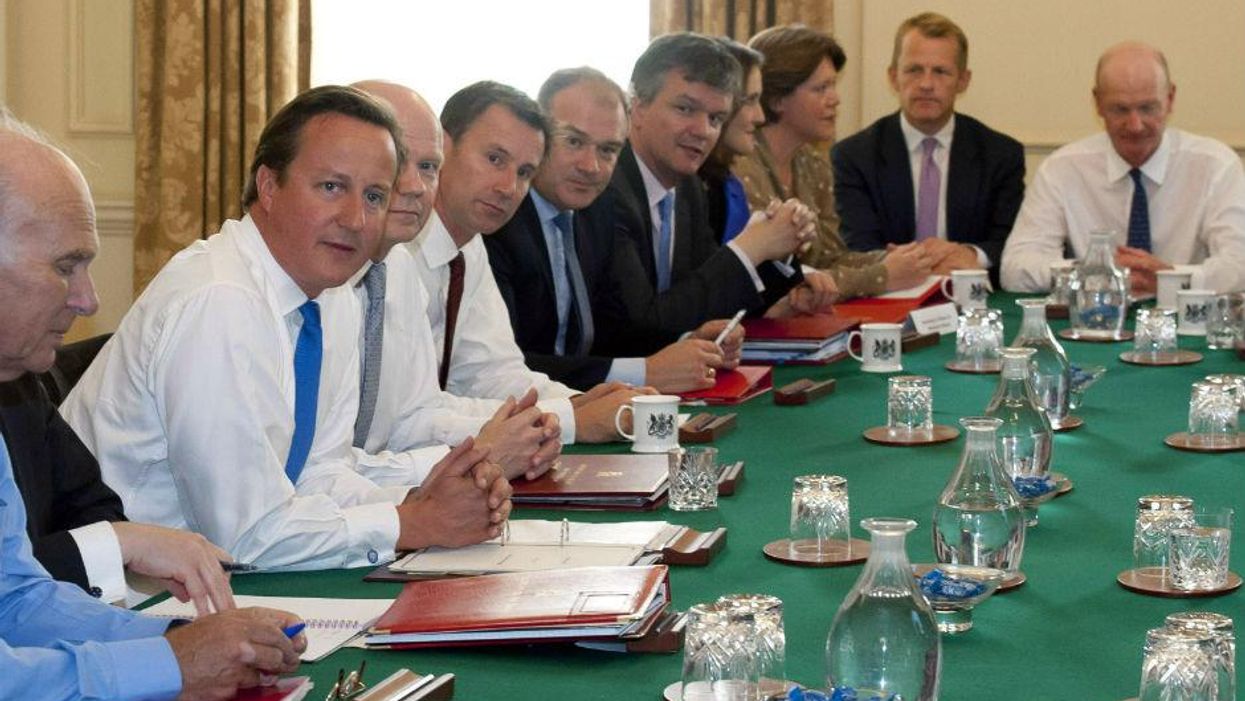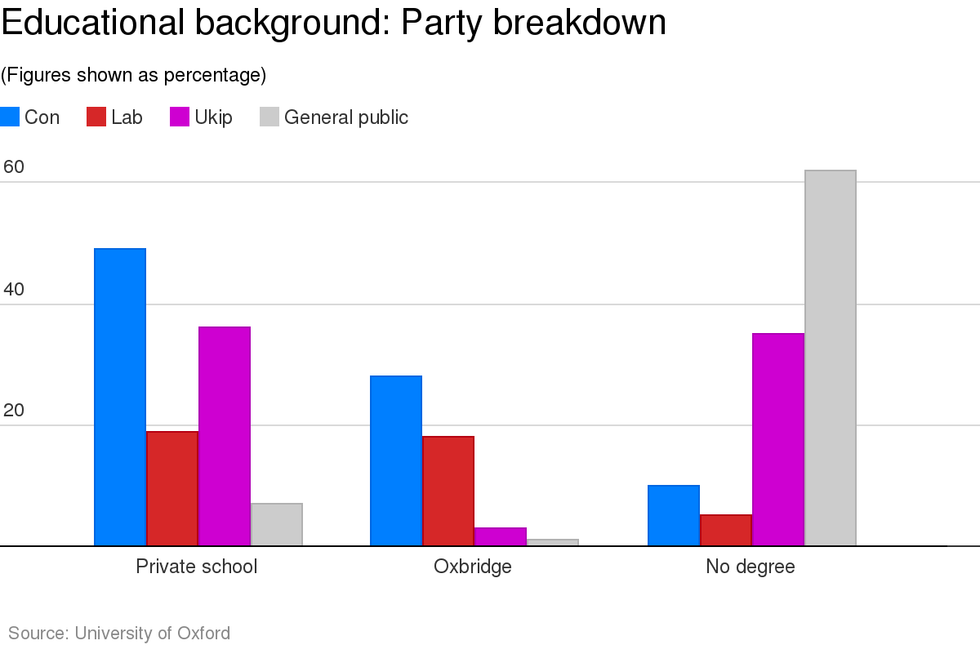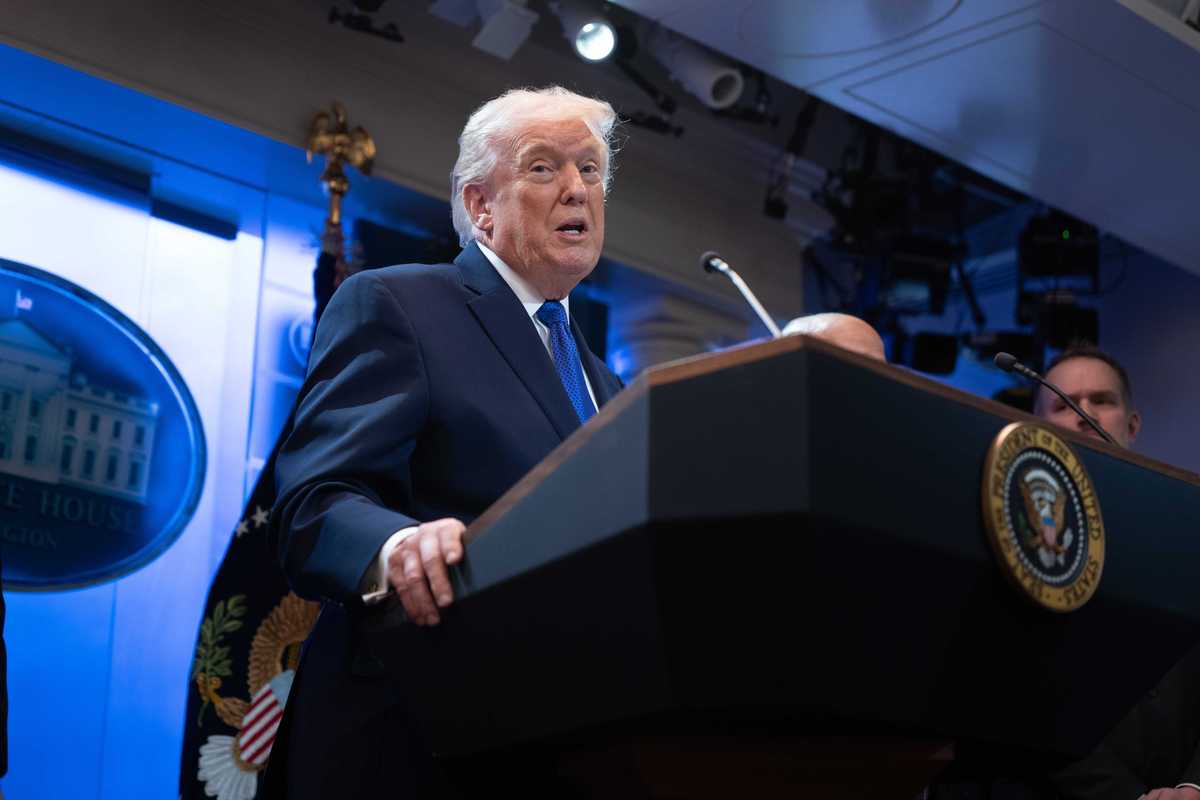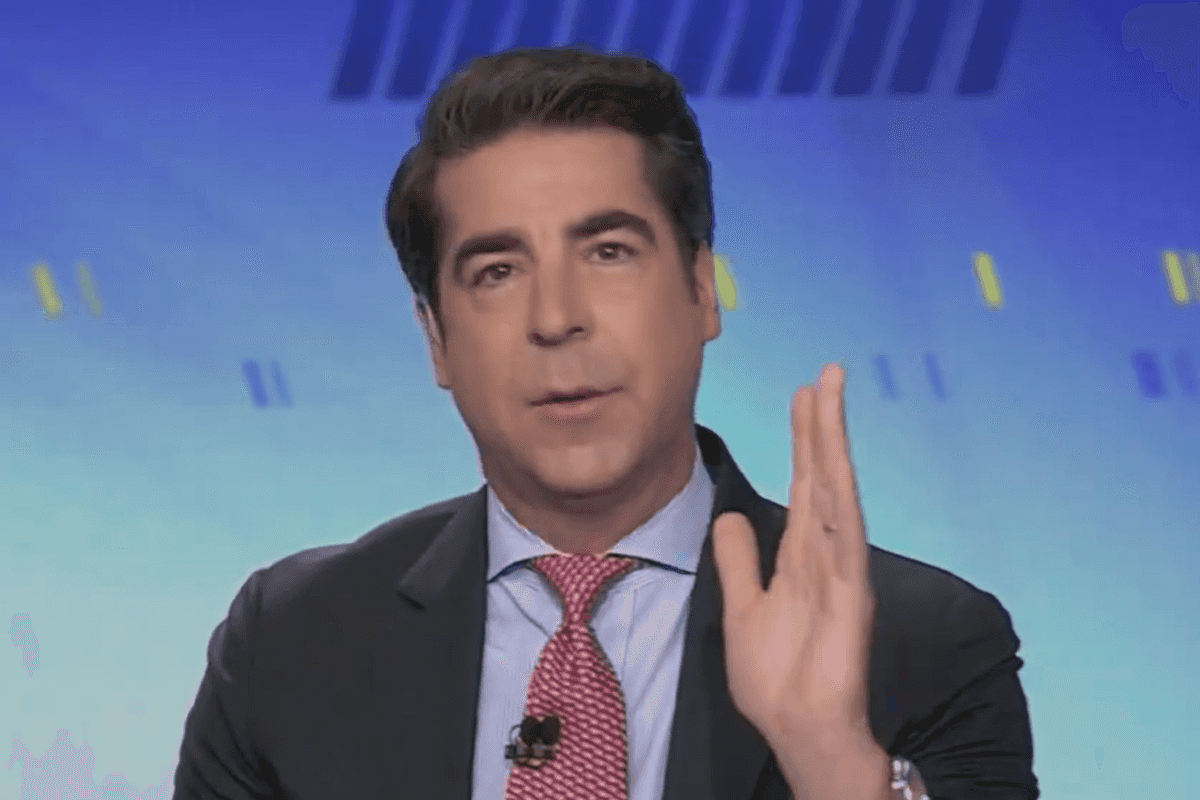News

Regardless of who wins the general election in May, the Commons will still have a disproportionate number of privately-educated MPs, many of whom have Oxbridge degrees.
A new study on the educational backgrounds of prospective parliamentary candidates in winnable seats (and therefore representative of the Commons' likely make-up in May) was undertaken by Dr Robert de Vries at the University of Oxford (yes, we appreciate the irony).
The number of Labour candidates in winnable seats among the new intake who are privately educated was 19 per cent and therefore almost double the number of current Labour MPs.
The report acknowledges that “it is... reasonable to expect political leaders to be more highly educated than the average” but that Parliament should be able to "draw on a wide body of experience".
Taken together, these results suggest that social mobility into the highest echelons of government has not improved.
As is the case with the current Parliament, the selection of the public’s future representatives in government is strongly tilted towards a narrow slice of privately educated elite university graduates.
- Dr Robert de Vries' report
Both Labour and the Conservatives defended their record. A Labour spokesperson acknowledged that while more can be done, the party still has "more female and ethnic minority MPs, MEPs and local councillors than any other party".
A Conservative spokesperson said: “Conservative candidates are picked on merit and we have a diverse and excellent range of candidates drawn from all walks.”
The Liberal Democrats did not feature in the study because they have fewer candidates in winnable seats.
Note: The Russell Group of universities is a group of 24 leading public research universities in the UK.
More: These are the Scottish MPs who would lose their seats to the SNP
More: Should we make it illegal to lie in Parliament?
More: When Ed Miliband was asked about his experience outside of politics
Top 100
The Conversation (0)













